
英語(yǔ)語(yǔ)言學(xué)基礎(chǔ)教程
- 所屬分類:圖書 >外語(yǔ)>英語(yǔ)學(xué)術(shù)著作
- 作者:[王揚(yáng)],[劉清玉] 主編
- 產(chǎn)品參數(shù):
- 叢書名:--
- 國(guó)際刊號(hào):9787564317409
- 出版社:西南交通大學(xué)出版社
- 出版時(shí)間:2012-05
- 印刷時(shí)間:2012-05-01
- 版次:1
- 開本:16開
- 頁(yè)數(shù):--
- 紙張:膠版紙
- 包裝:平裝
- 套裝:否

英語(yǔ)語(yǔ)言學(xué)基礎(chǔ)教程》系統(tǒng)性、科學(xué)性和可行性;強(qiáng)調(diào)基礎(chǔ)知識(shí)和基本技能,注重內(nèi)容的重點(diǎn)與難點(diǎn)。突出編寫語(yǔ)言的簡(jiǎn)潔流暢、清楚規(guī)范。突出內(nèi)容的趣味性和可讀性;注重選材的實(shí)用性和新穎性。突出教材容量適度,適合地方本科院校英語(yǔ)專業(yè)學(xué)生學(xué)習(xí)。突出編寫力求從具體到抽象、從特殊到一般、從演繹到歸納、變枯燥為趣味、變復(fù)雜為簡(jiǎn)單。突出習(xí)題設(shè)計(jì)重點(diǎn)考察基礎(chǔ)知識(shí)、基本技能和實(shí)踐應(yīng)用能力,形式多樣化,選題多元化。
王揚(yáng),男,四川成都人,重慶三峽學(xué)院外國(guó)語(yǔ)學(xué)院院長(zhǎng)、教授、碩士生導(dǎo)師。西南大學(xué)(語(yǔ)言學(xué)與現(xiàn)代英語(yǔ)方向)碩士課程班畢業(yè),先后到北京大學(xué)英語(yǔ)系、美國(guó)Community Collegeof Denver研究訪學(xué)。現(xiàn)為學(xué)校黨委委員、首批學(xué)科帶頭人、首屆教學(xué)名師、中國(guó)語(yǔ)言教育研究會(huì)常務(wù)理事、西部地區(qū)外語(yǔ)教育研究會(huì)常務(wù)理事、中國(guó)認(rèn)知語(yǔ)言學(xué)研究會(huì)理事、中國(guó)語(yǔ)用學(xué)研究會(huì)會(huì)員、重慶市外文學(xué)會(huì)常務(wù)理事、重慶市翻譯學(xué)會(huì)常務(wù)理事、重慶市莎士比亞研究會(huì)常務(wù)理事、重慶市大學(xué)教學(xué)研究會(huì)理事、重慶市高等學(xué)校外語(yǔ)學(xué)科高級(jí)職稱評(píng)審委員會(huì)委員。主要研究方向:語(yǔ)用學(xué)、語(yǔ)義學(xué)、認(rèn)知語(yǔ)言學(xué)、英語(yǔ)教育。發(fā)表學(xué)術(shù)論文100余篇;出版專著《多維視野中的語(yǔ)言研究》,主編《外國(guó)語(yǔ)言文學(xué)研究》等學(xué)術(shù)著作5部;主編《普通語(yǔ)言學(xué)基礎(chǔ)應(yīng)用與實(shí)踐》等教材3本;主持國(guó)家"十一五"規(guī)劃項(xiàng)目、教育部科研項(xiàng)目,全國(guó)基礎(chǔ)教育外語(yǔ)教學(xué)研究資助重點(diǎn)項(xiàng)目,重慶市高等教育教學(xué)改革研究重點(diǎn)項(xiàng)目,重慶市哲學(xué)社會(huì)科學(xué)研究項(xiàng)目,重慶市教育科學(xué)"十一五"規(guī)劃高校科研項(xiàng)目,重慶市教委人文社會(huì)科學(xué)研究項(xiàng)目等1 0余項(xiàng);主研有國(guó)家社科基金項(xiàng)目、教育部項(xiàng)目、重慶市級(jí)各類項(xiàng)目10余項(xiàng)。
Chapter 1 Language
1 Introduction
2 What Is Language?
3 Design Features ofLanguage
4 Functions ofLanguage
5 OriginsofLanguage"'
Chapter 2 Linguistics
1 What Is Linguistics?
2 Scopes ofLinguistics
3 Some Basic Distinctions in Linguistics
4 Linguistics and Language Teaching and Learning
Chapter 3 Phonetics
1 What Is Phonetics?
2 Speech Organs
3 Description of Vowels
4 Descriptionof Consonants
5 Phonetic Transcription
Chapter 4 Phonology
1 What Is Phonology?
2 Phone, Phoneme and Allophone
3 Complementary Distribution and Minimal Pairs
4 Some Phonological Rules
5 Distinctive Features
6 Beyond the Sound Segments
Chapter 5 Lexicology
1 Introduction
2 Morpheme and Allomorph
3 ClassificationofMorpheme
4 Features ofMorpheme
5 Characteristics of Word
6 Classification ofWords
7 Word Formation
Chapter 6 Syntax
1 Basic Concepts
2 TraditionalApproach
3 StructuralApproach
4 Generative Approach
5 Functional Approach
Chapter 7 Semantics
1 What Is Semantics?
2 Some Semantic Theories
3 Sense and Reference
4 Sense Relation Between Words
5 Sense Relation Between Sentences
6 Analysis ofMeaning
Chapter 8 Pragmatics
1 What Is Pragmatics?
2 Context and Meaning
3 Sentence Meaning and Utterance Meaning
4 Speech Act Theory
5 Principle ofConversation
6 Principle ofPoliteness
Chapter 9 Language and Culture
1 Introduction
2 What Is Culture?
3 Sapir-Whorf Hypothesis
4 Language and Culture in Language Teaching
5 Language and Culture in Language Learning
6 Language and Culture in Translation
Chapter 10 Language Acquisition
1 Introduction
2 First Language Acquisition
……
Appendix
References

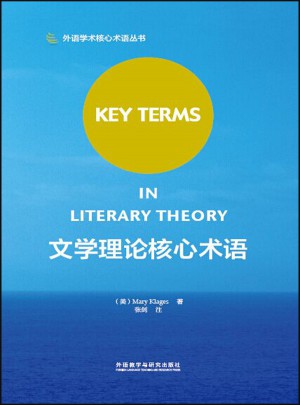
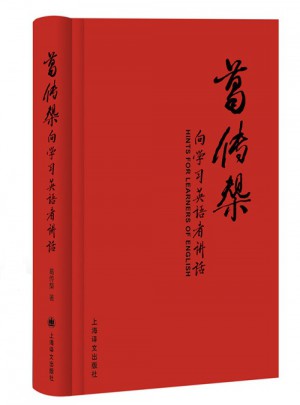
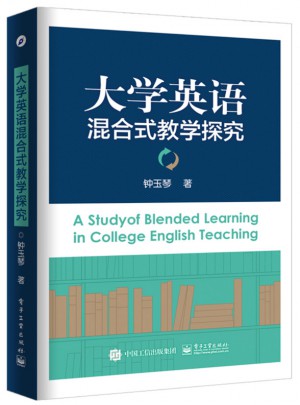
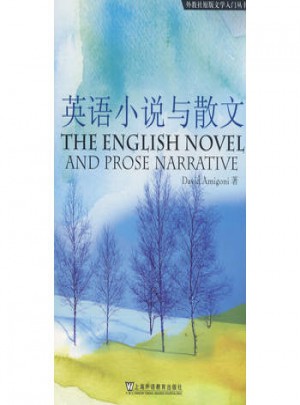
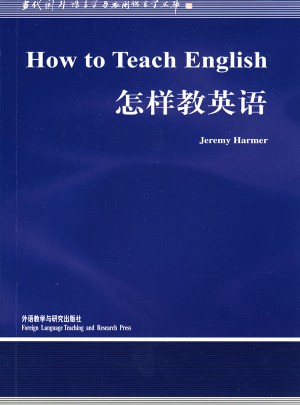
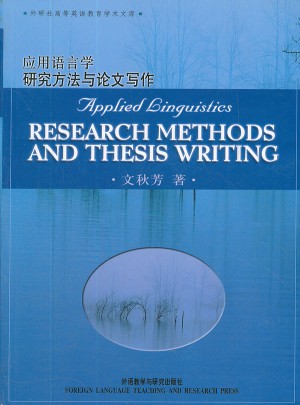
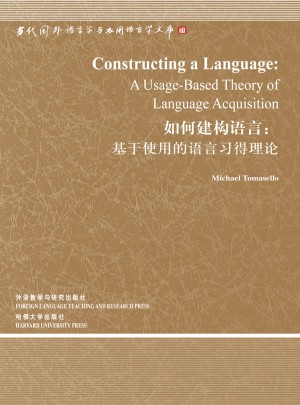
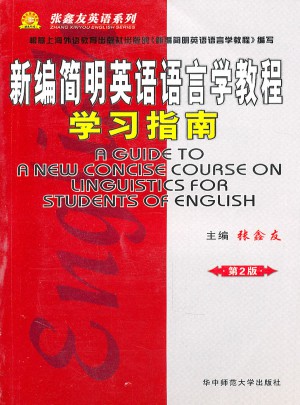
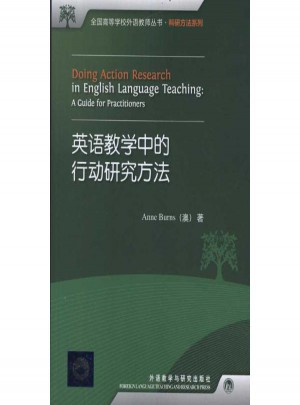
是正版,不錯(cuò)。
好好好好好好好好好好好好好好
不錯(cuò),下次給我優(yōu)惠,如反劵,優(yōu)惠碼等